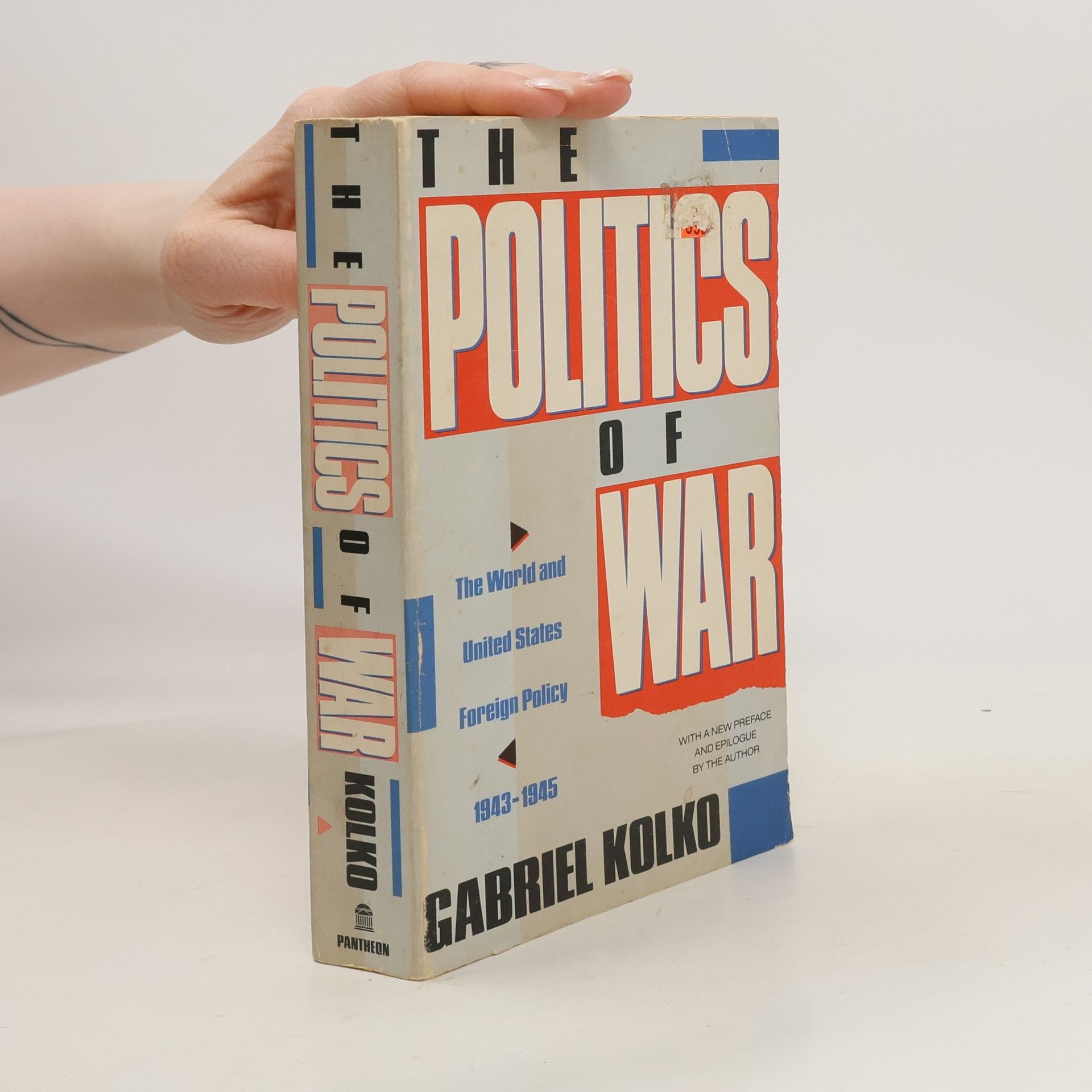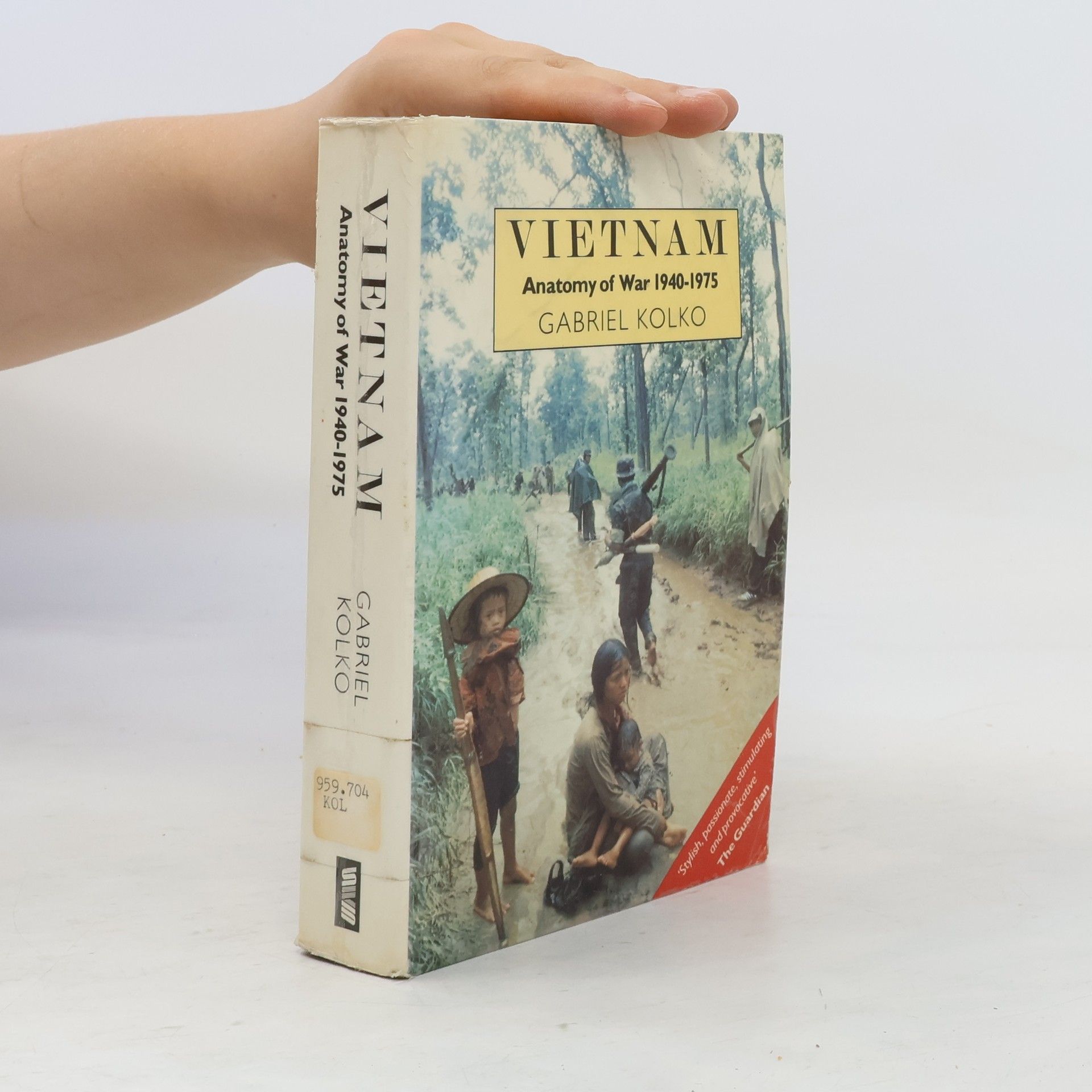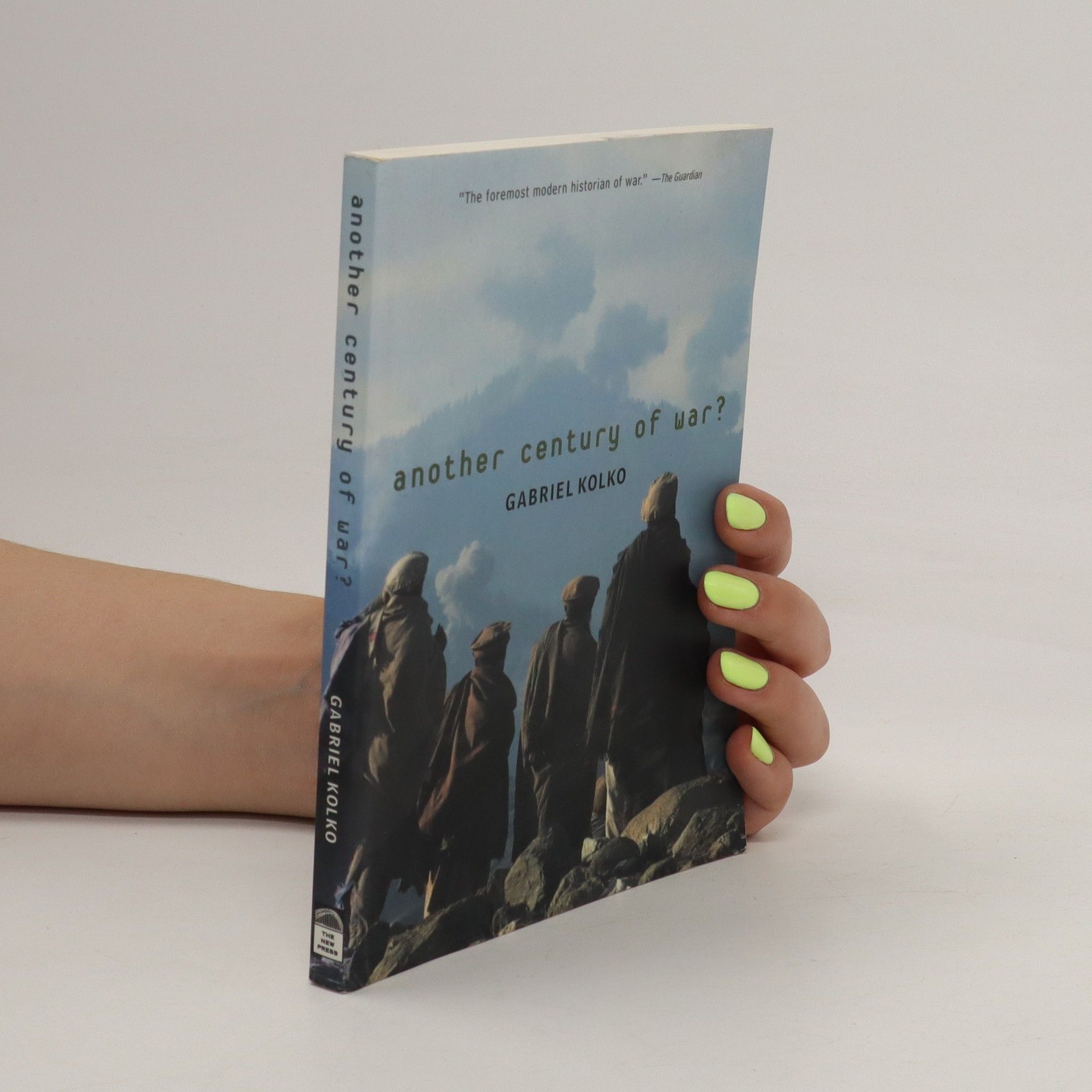Another Century of War? is a candid and critical look at America's "new wars" by a brilliant and provocative analyst of its old ones. Gabriel Kolko's masterly studies of conflict have redefined our views of modern warfare and its effects; in this urgent and timely treatise, he turns his attention to our current crisis and the dark future it portends. Another Century of War? insists that the roots of terrorism lie in America's own cynical policies in the Middle East and Afghanistan, a half-century of realpolitik justified by crusades for oil and against communism. The latter threat has disappeared, but America has become even more ambitious in its imperialist adventures and, as the recent crisis proves, even less secure. America, Kolko contends, reacts to the complexity of world affairs with its advanced technology and superior firepower, not with realistic political response and negotiation. He offers a critical and well-informed assessment of whether such a policy offers any hope of attaining greater security for America. Raising the same hard-hitting questions that made his Century of War a "crucial" ( Globe and Mail ) assessment of our age of conflict, Kolko asks whether the wars of the future will end differently from those in our past.
Gabriel Kolko Libros
17 de agosto de 1932 – 19 de mayo de 2014
Gabriel Kolko fue un historiador especializado en la política estadounidense y la política exterior del siglo XX. Su obra profundizó en las complejidades del poder y la toma de decisiones durante una época tumultuosa de la historia estadounidense. A través de su investigación exhaustiva, iluminó los impulsores y mecanismos clave que dieron forma a la América moderna. Los análisis de Kolko ofrecen valiosas perspectivas sobre el impacto duradero de las estrategias políticas e internacionales.






The Politics of War
The World and United States Foreign Policy 1943-1945
Describes the final years of the Second World War, discussing American policy and diplomatic, economic, and military decisions from those years